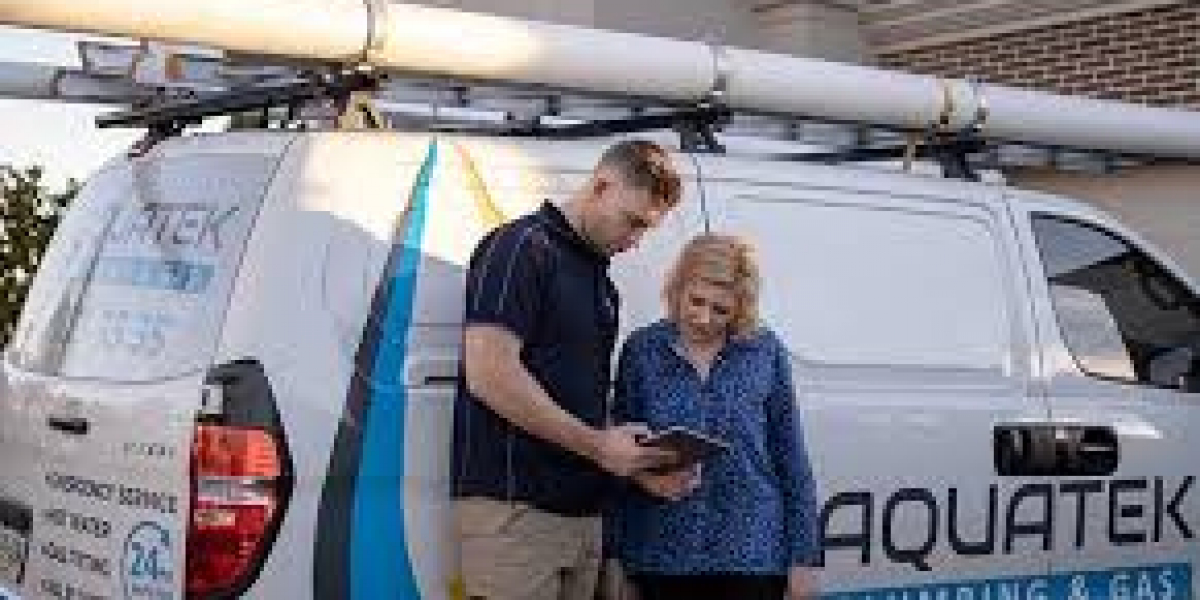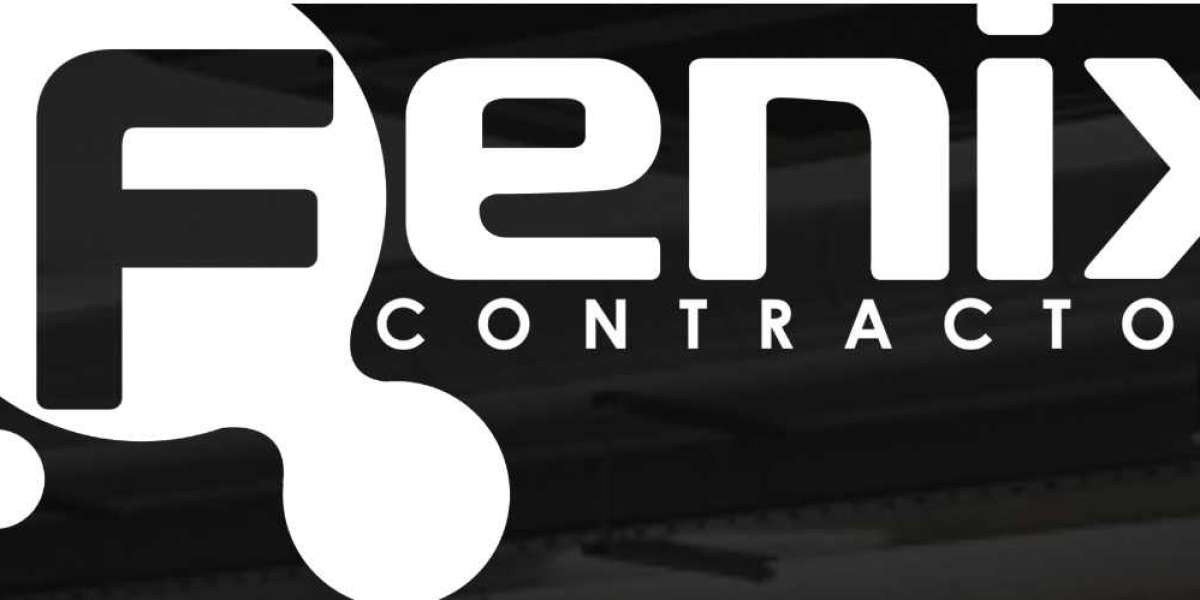Hot water is an essential utility in any household or commercial space. Whether it's for bathing, washing, or heating, the availability of hot water significantly impacts daily life. When your hot water system malfunctions, it can be inconvenient, frustrating, and costly if not addressed promptly. Two of the most popular systems in modern households are the Rheem hot water system and solar hot water systems. This blog will explore the Rheem hot water system repair process and the repair of solar hot water systems, highlighting common problems, solutions, and the importance of regular maintenance.
Common Issues with Rheem Hot Water Systems
- No Hot Water: One of the most common issues with any hot water system, including Rheem, is the sudden lack of hot water. This could be due to a variety of reasons, including a faulty heating element, a broken thermostat, or even an issue with the power supply in the case of an electric unit.
- Leaking Hot Water Cylinder: A leaking hot water cylinder can cause major water damage if not addressed quickly. The cause could be anything from corroded pipes, a failing temperature and pressure relief valve (TPR valve), or even a crack in the tank itself.
- Strange Noises: Banging, popping, or whistling noises coming from the system often indicate sediment build-up. Over time, minerals in the water can accumulate at the bottom of the tank and cause the heating elements to overwork, leading to noises and inefficiency.
Repairing Rheem Hot Water Systems
For minor issues, homeowners with some technical skills may be able to conduct basic repairs themselves, such as resetting the system or replacing a thermostat. However, more serious issues such as leaks, strange noises, or electrical problems should be handled by a professional.
Professional Repairs:
- Replacing a faulty heating element.
- Fixing or replacing a corroded TPR valve.
- Repairing leaks in the pipework or tank.
Regular maintenance is the best way to prevent serious problems from arising. Flushing the tank annually, checking the TPR valve, and inspecting the anode rod for wear can help extend the life of your Rheem hot water system.
Solar Hot Water Systems: An Eco-Friendly Solution
Solar hot water systems harness the power of the sun to heat water, making them an environmentally friendly and cost-effective solution. These systems typically consist of solar collectors (panels), a storage tank, and sometimes a backup heating system. While they are highly efficient, solar hot water systems are not immune to problems and may require occasional repairs.
Common Issues with Solar Hot Water Systems
- No Hot Water on Cloudy Days: Solar hot water systems rely on sunlight to heat water, so on cloudy or rainy days, the system may not perform as efficiently. This is why many systems come with a backup heater (usually electric or gas). If the system fails to produce hot water, it could be due to a malfunction in the backup heating unit.
- Leaking Panels or Pipes: A common issue with solar hot water systems is leaking in the solar panels or connecting pipes. Over time, exposure to the elements can cause seals and joints to weaken, leading to leaks.
- Low Water Pressure: A drop in water pressure is another issue that may occur with solar hot water systems. This can be caused by a blockage in the system, typically due to sediment build-up or airlocks in the pipes.
- Poor Heat Retention: If your solar hot water system is not retaining heat properly, it may indicate a problem with the insulation in the storage tank or a fault with the solar collectors.
Repairing Solar Hot Water Systems
While solar hot water systems are generally low-maintenance, they do require professional attention from time to time. It’s important to work with a qualified technician who has experience in solar technology to ensure the solar hot water system repair is done correctly.
DIY Repairs:
- Checking for and cleaning any visible blockages in the solar panels or pipes.
- Inspecting the system for visible leaks and replacing worn seals if necessary.
Professional Repairs:
- Repairing or replacing damaged solar collectors.
- Fixing or replacing the backup heating unit.
- Flushing the system to remove sediment and airlocks.
To keep a solar hot water system running efficiently, regular maintenance is key. This includes cleaning the solar panels, flushing the system to remove any sediment, and ensuring the insulation in the tank is functioning correctly.
The Importance of Professional Maintenance
Whether you have a Rheem hot water system or a solar hot water system, regular maintenance is essential to ensure it operates efficiently and to avoid costly repairs. Professional technicians can identify potential issues early, replace worn components, and ensure the system is running at optimal performance.
Annual inspections can help extend the lifespan of your system, reduce energy bills, and avoid unexpected breakdowns. Additionally, many manufacturers, including Rheem, require regular servicing as part of their warranty conditions.
Conclusion
Both Rheem and solar hot water systems are excellent options for providing consistent hot water in your home. However, like all mechanical systems, they require periodic maintenance and occasional repairs. By understanding the common issues and knowing when to call in a professional, you can keep your hot water system running smoothly for years to come. Whether you're dealing with a leak, inconsistent water temperatures, or strange noises, prompt repair can save you time, money, and the inconvenience of a cold shower!









